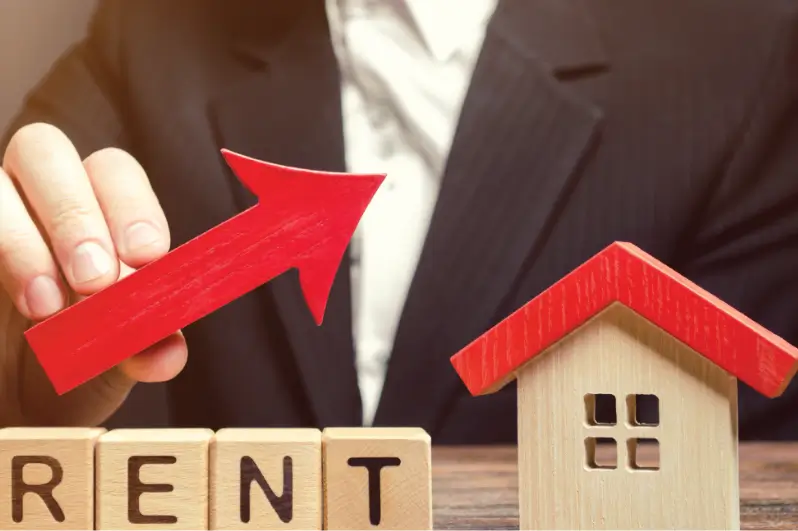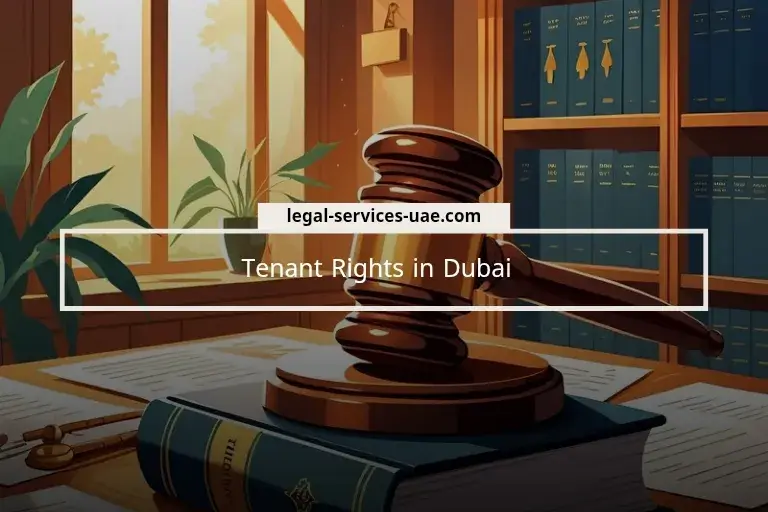Understanding rent increases in Dubai is a criterion of interest to both landlords and tenants, especially since it is calculated based on a variety of factors and details that must be considered by the relevant parties. If you are interested in detailed information about the allowable rent increase in Dubai, here is an article for you.
فهرس المقال
When Can Your Rent Increase in Dubai?
The Law on Regulating the Rental Relationship, No. (26) of 2007, amended by Law No. (33) of 2008, mandates both the landlord and tenant to specify the rent in the lease agreement. If both parties fail to specify or cannot prove what was agreed upon, the rent will be set at the market rate equivalent.
The committee determines this market rate equivalent by considering criteria such as the percentage increase in rent allowances set by the authority, the general economic situation in the Emirate, the condition of the property, prevailing market rents for comparable properties in the same area, and any other relevant legislations effective in the Emirate regarding property rentals, along with other factors deemed relevant by the committee.
Additionally, the legislator permits a reassessment of the rent before the lease term ends, to consider an increase or decrease, or to amend any contractual conditions for the purpose of renewing the lease between the parties. If no agreement is reached on this, the committee is authorized to determine the fair rent, taking into account the specified criteria.
Allowable Rent Increase in Dubai
Criteria for determining the rent increase in Dubai are established in alignment with the general economic conditions. The maximum allowable rent increase in Dubaiupon renewal of rental contracts are set according to Decree No. (43) of 2013, as follows:
| Current Rent Difference Compared to Average Market Rate | Allowable Rent Increase |
|---|---|
| Less than 10% below | No Increase |
| 11-20% below | 5% Increase |
| 21-30% below | 10% Increase |
| 31-40% below | 15% Increase |
| More than 40% below | 20% Increase |
The table above explains the rules in Dubai for how much rent a landlord can legally raise on your apartment. It’s based on the difference between what you’re currently paying and the average rent for similar apartments in your area. Here’s a breakdown:
- If your rent is currently within 10% of the average market rate, your landlord cannot increase your rent. That’s good news for you!
- If your rent is between 11% and 20% below the average, your landlord can raise it by up to 5%.
- This goes up the further below the average your rent is. Landlords can raise rents by 10% if your current rent is 21% to 30% below the average, and 15% if it’s 31% to 40% below.
- For rents that are more than 40% below the average market rate, the maximum allowable increase is 20%.
Remember,. It’s always a good idea to review your rental agreement and talk to a lawyer if you have any questions about a rent increase.
How Rent Increases Work in Dubai
The legislator in the Law Regulating the Rental Relationship specific to the Emirate of Dubai allows either party involved in the rental agreement, should they wish to modify any of the contract’s terms—such as an increase or decrease in rent—to notify the other party at least ninety days before the contract’s expiration, unless otherwise agreed by both parties.
Key Advice for Tenants and Landlords in UAE
Most disputes between tenants and landlords often arise from signing a lease agreement without carefully considering the clauses that are important to both parties. A second common cause of disputes relates to one party’s desire to modify a clause or a landlord’s decision to increase the rent, or any other change that may conflict with the other party’s wishes.
All these disputes can easily be resolved if both parties are fully aware of the provisions of the Law Regulating the Rental Relationship, thereby understanding their rights and responsibilities and how the law can assist them in enforcing these. Thus, they should commit to drafting the lease agreement in accordance with the legal provisions to ensure satisfaction for both sides of the rental relationship.
There are many situations that require dealing with a specialized lawyer in rental laws and contract drafting to get the correct legal advice. We remind you of the possibility to contact us directly through the WhatsApp button at the bottom of the screen for services from legal experts and lawyers to help you resolve any legal disputes you may face.
Was this helpful?
Specialized Legal Content Writer, possessing deep legal knowledge and exceptional ability to demystify legislation and analyze judicial developments. He delivers clear, precise content that helps you understand your legal rights and obligations while empowering you to make informed decisions across diverse legal domains. Working within our expert legal team, he ensures credibility and trustworthiness in every piece of content.

